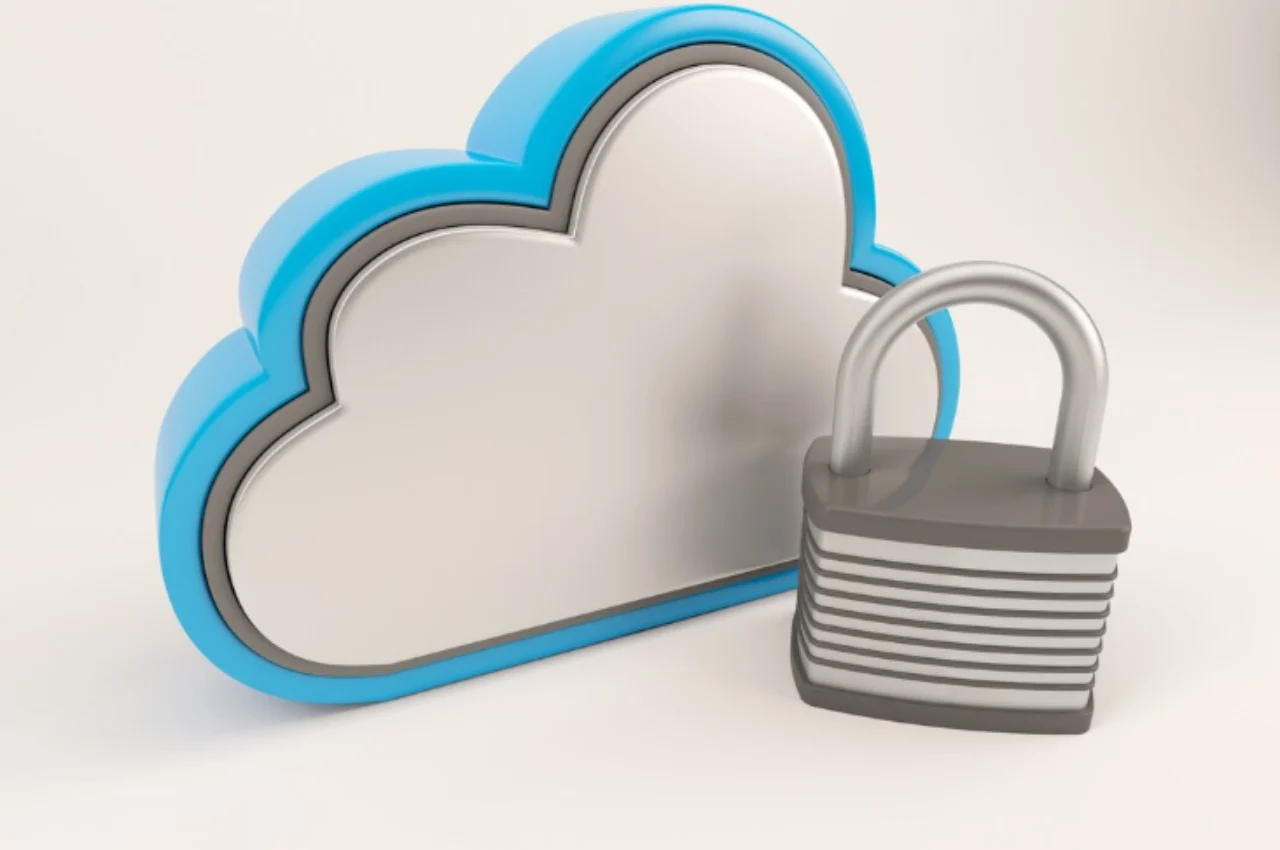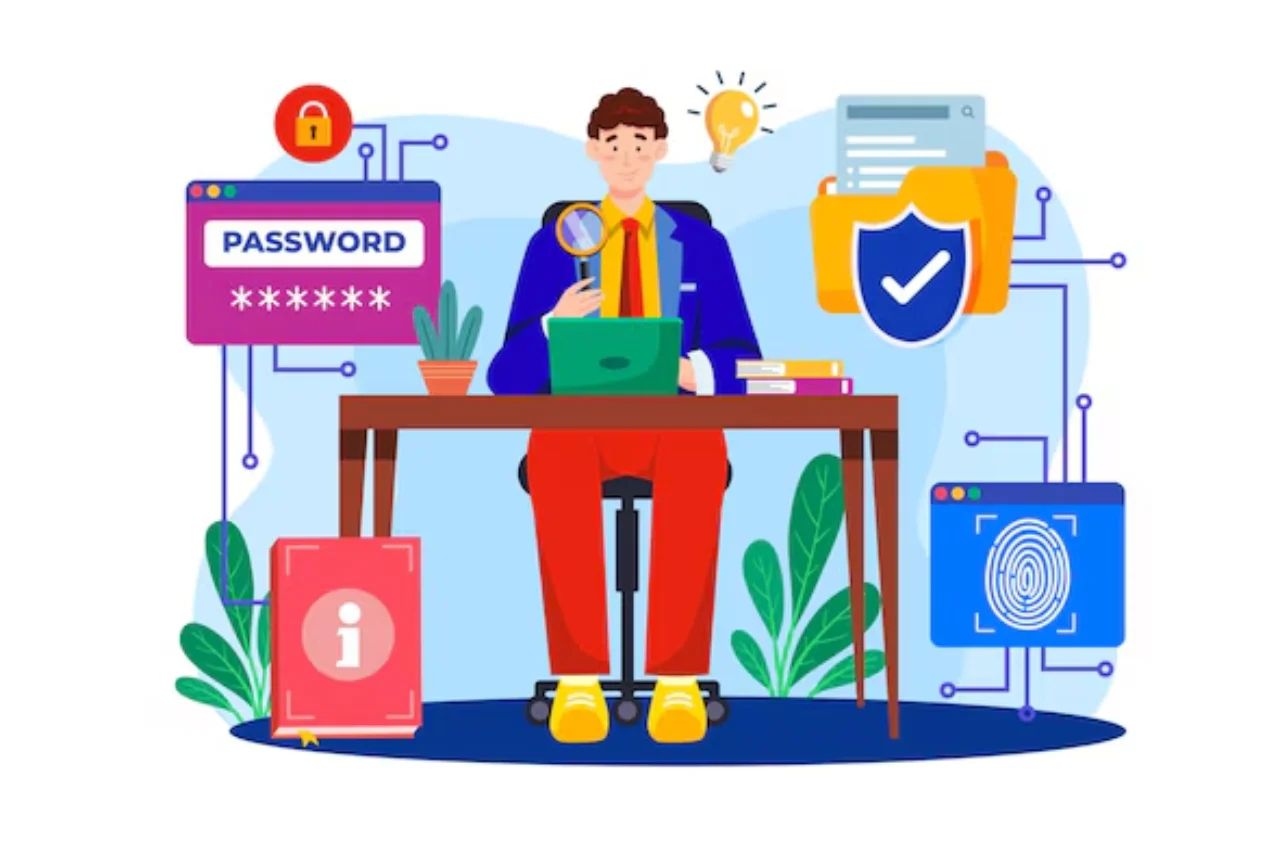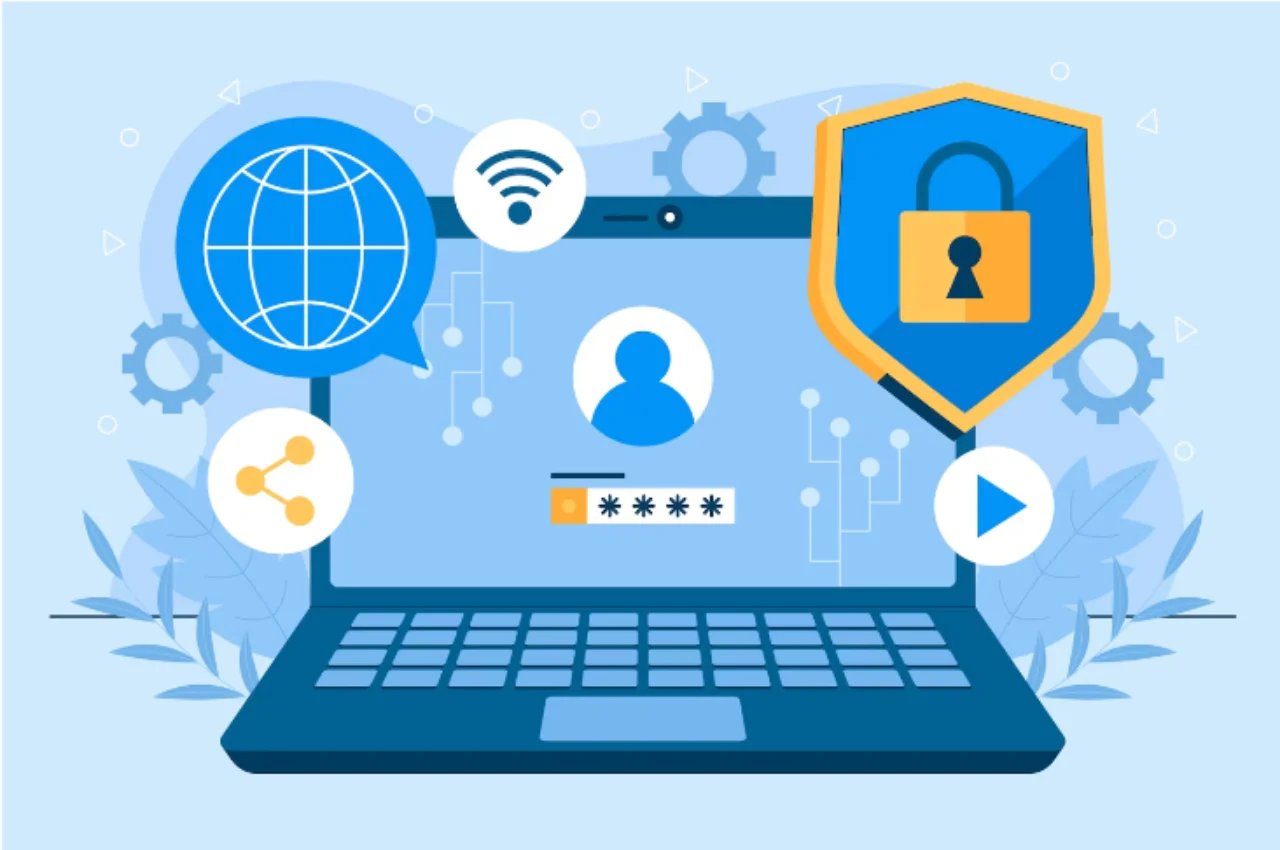Amazon Web Services (AWS) is considered one of the safest cloud platforms due to its robust security measures. With its comprehensive security features and continuous compliance certifications, AWS stands out as a secure choice for businesses.
It offers data encryption, identity and access management controls, and strong network security protocols to protect sensitive information. In today’s digital landscape where data breaches are a significant concern, choosing a secure cloud provider like AWS is crucial for safeguarding your valuable data. By leveraging AWS’s advanced security capabilities, businesses can mitigate risks and ensure the confidentiality and integrity of their data.
Table of Contents
The Importance of Cloud Security
When considering which cloud is the safest, it’s crucial to evaluate providers like AWS, Google Cloud, and Microsoft Azure, all renowned for their robust security measures. Key factors include data encryption, compliance certifications, and comprehensive security protocols. Choosing a cloud provider with advanced threat detection and regular security updates ensures your data remains protected. Always assess the provider’s reputation and security features to ensure your sensitive information is safe in the cloud.

Data Protection
Data encryption and access controls are vital in cloud security. Secure your data from unauthorized access with robust encryption protocols.
Threat Prevention
Proactive threat detection and prevention measures are essential. Implement firewalls and intrusion detection systems to mitigate potential risks.
Major Cloud Service Providers
The top cloud service providers in the industry are Amazon Web Services (AWS), Microsoft Azure, and Google Cloud Platform. These giants offer a range of services for businesses and individuals looking to store, manage, and process data in the cloud.
Amazon Web Services (AWS)
AWS is known for its secure and reliable cloud infrastructure. With a wide range of services and global data centers, AWS is a popular choice for businesses of all sizes.
Microsoft Azure
Azure offers a wide range of services, including AI and machine learning capabilities. It is known for its integration with Microsoft products and services, making it a seamless choice for businesses already using Microsoft tools.
Google Cloud Platform
Google Cloud Platform is popular for its big data and analytics capabilities. With a focus on innovation and scalability, Google Cloud is a top choice for businesses looking to leverage advanced cloud technologies.
Security Measures in Cloud Services
Security measures in cloud services are crucial for businesses and individuals alike. When it comes to choosing the safest cloud, understanding the security measures in place is essential. Here, we’ll delve into the key security measures provided by cloud services, including encryption protocols, access control, and security monitoring.
Encryption Protocols
Encryption protocols play a vital role in securing data stored in the cloud. Advanced encryption standards such as AES 256-bit encryption are widely used to protect data both in transit and at rest. These protocols ensure that data is scrambled in such a way that only authorized parties with the appropriate decryption keys can access it, adding an extra layer of security to sensitive information.
Access Control
Access control mechanisms are essential for regulating who can access data within a cloud environment. Role-based access control (RBAC) and multi-factor authentication are commonly utilized to ensure that only authorized individuals can access sensitive data. By implementing these measures, cloud service providers can effectively prevent unauthorized access and potential data breaches.
Security Monitoring
Continuous security monitoring is imperative to detect and respond to potential security threats in a timely manner. Real-time monitoring tools and intrusion detection systems are deployed to identify any suspicious activities within the cloud infrastructure. This proactive approach enables cloud providers to promptly address security incidents and minimize the impact of potential breaches.
Comparing Security Features
When evaluating the security features of different cloud providers, it’s essential to consider factors like encryption protocols, access controls, and data privacy measures. Conducting a thorough comparison can help determine which cloud offers the highest level of protection for your sensitive information.

When it comes to cloud computing, security is a major concern for businesses of all sizes. With so many cloud service providers available, it can be difficult to determine which one is the safest. In this article, we’ll take a closer look at some of the key security features offered by cloud service providers and compare them to help you make an informed decision.
Data Encryption
One of the most important security features to consider when choosing a cloud service provider is data encryption. This is the process of converting data into a code to prevent unauthorized access. Most cloud service providers use Advanced Encryption Standard (AES) 256-bit encryption, which is considered one of the most secure encryption methods available. In addition to AES encryption, some cloud service providers also offer client-side encryption. This means that the data is encrypted on the client’s device before it’s sent to the cloud. This adds an extra layer of security and ensures that even if the cloud service provider’s servers are hacked, the data will remain encrypted and inaccessible.
Network Security
Network security is another important factor to consider when choosing a cloud service provider. This refers to the measures taken to protect the cloud service provider’s network from unauthorized access, attacks, and other security threats. Most cloud service providers use firewalls, intrusion detection and prevention systems, and other security measures to protect their networks. Some also offer virtual private networks (VPNs) and dedicated connections to further enhance security.
Compliance Standards
Compliance standards are a set of guidelines and regulations that cloud service providers must adhere to in order to ensure the security and privacy of their customer’s data. Examples of compliance standards include the General Data Protection Regulation (GDPR), the Health Insurance Portability and Accountability Act (HIPAA), and the Payment Card Industry Data Security Standard (PCI DSS). When choosing a cloud service provider, it’s important to ensure that they comply with the relevant compliance standards for your industry. This will help to ensure that your data is protected and that you avoid any legal or regulatory issues.
In conclusion, when it comes to choosing the safest cloud service provider, it’s important to consider a range of security features, including data encryption, network security, and compliance standards. By doing so, you can ensure that your data is protected and that you’re able to operate your business with confidence in the safety and security of your cloud infrastructure.
Expert Opinions
Cybersecurity Professionals’ Views
Cybersecurity experts emphasize encryption as a key factor in cloud security. They stress the importance of regular audits and penetration testing.
Industry Leaders’ Insights
Industry leaders advocate for multi-factor authentication to enhance cloud security. They highlight the significance of data encryption for protecting sensitive information.
Best Practices for Cloud Security
Multi-factor Authentication
Adding an extra layer of protection through multi-factor authentication can prevent unauthorized access.
Regular Security Audits
Conducting routine security audits ensures continuous monitoring and identification of vulnerabilities.
Making an Informed Decision
When it comes to choosing a cloud provider, security should be a top priority. Let’s delve into the key aspects to consider when evaluating cloud security to make an informed decision.

Evaluating Your Security Needs
Assess your unique security requirements before selecting a cloud provider. Consider factors like data sensitivity and compliance regulations.
Choosing The Right Cloud Provider
Research reputable cloud providers known for their robust security measures. Look for certifications and audits that validate their security practices.
Frequently Asked Questions
Here are commonly asked questions about Which cloud is the safest:
Which Cloud is More Secure?
Both public and private clouds offer strong security measures, but private clouds may be more secure due to restricted access.
Which Cloud is The Best?
The best cloud depends on your needs. Amazon Web Services (AWS) is the most popular, while Microsoft Azure offers great integration with Windows. Google Cloud Platform (GCP) is known for its big data and machine learning capabilities. Ultimately, the best cloud is the one that fits your specific requirements.
Is The Cloud 100% Safe?
The cloud is not 100% safe, but security measures are constantly improving to minimize risks. Regular updates and strong encryption help protect data. It’s crucial to choose reputable cloud providers and implement additional security measures for added protection.
Is The Cloud Safe From Hackers?
Yes, the cloud is generally safe from hackers with robust security measures in place.
Conclusion
In the realm of cloud security, prioritizing encryption and access controls is crucial. Each cloud provider offers unique security features. Ultimately, the safest cloud depends on your specific needs and requirements. Keep abreast of updates and best practices to safeguard your data effectively.


